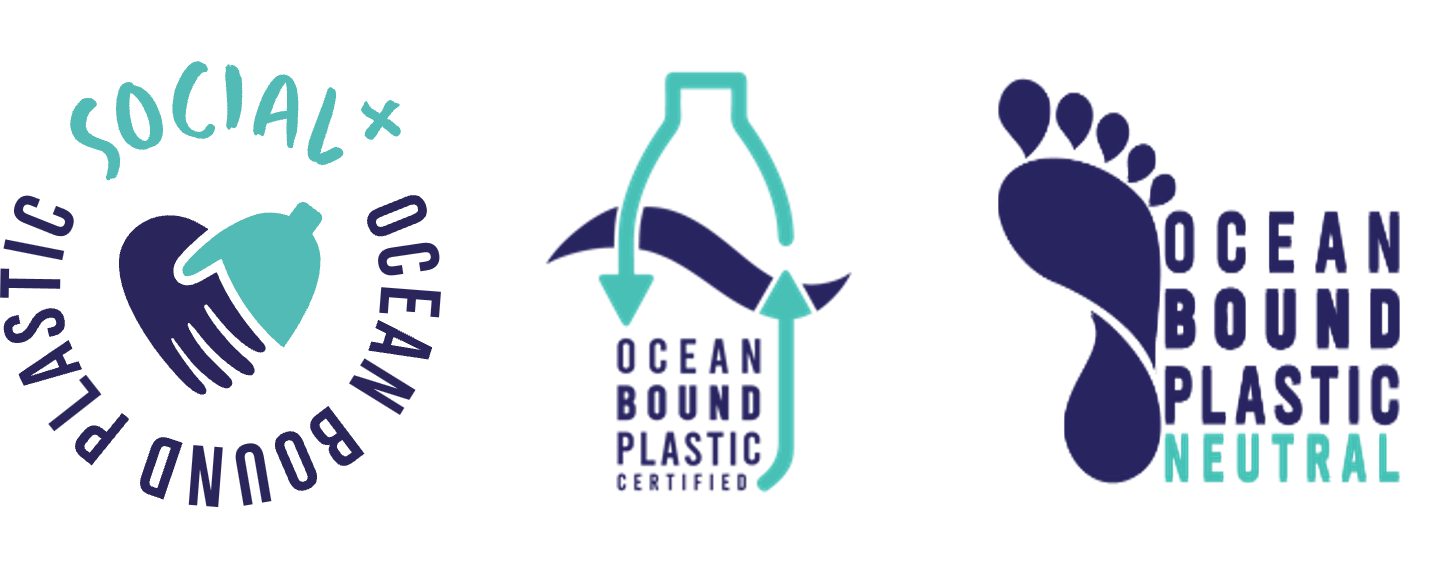1. Standard setting process
How did you define what OBP is?
Zero Plastic Oceans defined OBP using existing literature and common sense combined with ground experience. After determining the first draft, we shared it with experts of the field and selected a final definition of OBP. This process led us to classify OBP in three categories: “potential OBP”, “waterways OBP”, “shoreline OBP”. After one year of existence and consultations with organizations collecting waste from the fishing industry, we decided to add another category “Fishing materials”.
How did you set the standards?
Experts in certifications, waste management and marine biology, the founding group of Zero Plastic Oceans and partners, started working on the OBP Certifications Program standards. The first version of these standards was shared with peers and future certification users in all relevant fields for comments and improvements, leading to first versions published in June and September 2020.
What is your standard revision process, how frequent is it?
One year after the launch of the OBP Certifications Program, Zero Plastic Oceans revised the initial standards to fit the audit process’ needs better. The standards were updated on 8th September 2021. This revision was implemented through a public consultation on the draft documents. The next major revision will be done before September 2026, through a public consultation process.
2. CERTIFICATION PROCESS
How do I get certified?
Please check the following page to get certified.
What is the cost of the certification?
The certification cost is composed of:
- the audit and certification fees (charged by the certification body). To know how much it will cost, we invite you to contact one or several certification bodies and ask them for a quotation.
- the standard usage fee (charged by the certification body on behalf of ZPO). This amount depends on each case: you can find more information about these fees in the document center.
How long is the certification process?
This highly depends on your project’s complexity and how prepared your organization is. In any case, the whole process (from the first contact with a certification body, to the reception of your certification) will take a minimum of three months. On average, three to six months is the time projects need to get their scope certificate.
How long is the certification valid for?
The certification is awarded for one year. Every year all projects need to undergo a renewal audit.
How can I find suppliers of certified OBP recycled plastic or OBP Credits?
How can I check if my supplier is effectively certified?
All organizations certified under the OBP Certifications Program are listed here
You can also check this information with us or the certification body that issued the organization’s scope certificate.How can I verify that the Ocean Bound Plastic Credits I´m offered are legitimate?
Every OBP Credit issued is immediately registered in our public registry: we invite you to check that the block you are offered is effectively an issued block or part of an issued block. Additionally, when OBP Credits are sold to a final user, they are listed in the registry as “retired”. A retired block cannot be sold anymore as it has been already used against a claim.
Finally, if you are offered the Ocean Bound Plastic Credits by a trader and not the project itself you can verify that the trader is authorized by Zero Plastic Oceans on the following page.

